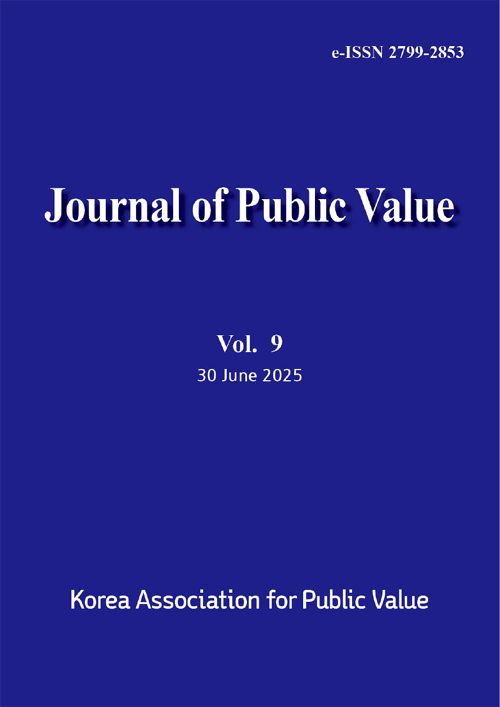Developing Character Values of Nationalism and Integrity Through the Work Programs of the Muhammadiyah Autonomous Organization in Indonesia
- 한국공공가치학회
- Journal of Public Value
- Vol. 9
-
2025.06135 - 144 (10 pages)
-
DOI : 10.53581/jojopv.2025.9.1.135
- 0

Purpose: In this era of globalization, every country requires a young generation who are not only competent but also have the character to build their country towards a better direction with a sincere sense of love for the homeland. However, several problems have emerged along with the issues of distrust in the Indonesian government's performance that have spread lately plus rampant corruption has made the apathy of the younger generation increasingly high towards democratic life in this country. Therefore, this study aims to explore the program of activities of the Muhammadiyah autonomous organization in developing the character of nationalism and integrity. Method: This study uses a qualitative method with a case study design involving six students in the Muhammadiyah autonomous organization Hizbul Wathan at a private university in Surakarta for two months. Results: This article shows that the work programs carried out by the Muhammadiyah autonomous organization contribute to fostering a sense of love for the homeland and integrity through the concept of empowerment in students. The implications of this study are beneficial for forming students as prospective national leaders who are expected to have a better impact on their homeland. Conclusion: This study examines the implementation of the vision and mission brought by the autonomous organization Muhammadiyah HW based on the teachings of the Al-Quran and Al-Hadith has attempted to become a foothold in fighting foreign influences that are not good and contrary to Pancasila, because, in essence, Pancasila is a reflection of the teachings of Islam, especially in strengthening the character of Love for the Homeland and defending the country is an obligation as Muslims.
1. Introduction
2. Literature Review
3. Method
4. Result and Discussion
5. Conclusion
6. Acknowledgement
7. Reference
(0)
(0)